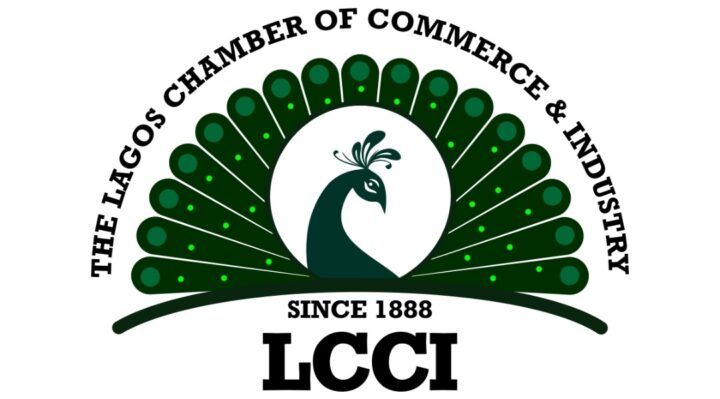
The Lagos Chamber of Commerce and Industry (LCCI) has called on the Federal Government to implement the incentives outlined in Nigeria’s newly enacted 2025 Tax Reform Act with transparency and accountability, highlighting their potential to catalyse industrialisation and economic expansion.
The appeal came during the Private Sector Stakeholders’ Forum on Emerging Tax Matters, hosted in Lagos, where leading business voices gathered to dissect the implications of the sweeping new tax laws.
Speaking at the event, LCCI President, Gabriel Idahosa, stressed that the private sector stands ready to support the implementation of the reform but only if it is done collaboratively, transparently, and with a focus on business-friendly outcomes.
“The Tax Reform Act of 2025 introduces bold changes from digital taxation and unified filing systems to green industry incentives and export-focused reliefs,” said Idahosa. “But legislation alone won’t deliver results. Effective and transparent implementation is what will determine whether we achieve inclusive prosperity.”
The LCCI highlighted several areas that require urgent attention from policymakers and tax administrators:
- How will the Investment and Export Incentive Schemes be administered to avoid misuse and actually stimulate industrial growth?
- What mechanisms will ensure that tax disputes are resolved swiftly through the Tax Appeal Tribunal, without disrupting business operations?
Idahosa noted that while the intentions behind the law are commendable, execution must avoid historical pitfalls that turned past incentives into loopholes for abuse.
“We need clarity, predictability, and transparency in how these schemes will be run,” he said. “This is what builds investor confidence and encourages sustainable industrial development.”
The LCCI acknowledged progress made by tax agencies particularly the Federal Inland Revenue Service (FIRS) and the Lagos State Internal Revenue Service (LIRS) in advancing digital tax administration. Initiatives like unified Tax Identification Numbers (TINs) and electronic filing have improved compliance and boosted transparency in revenue collection.
“The 2025 Act’s emphasis on technology aligns well with what the FIRS and LIRS have already begun,” Idahosa added. “But as trade becomes more digital and global, the tax system must remain agile and supportive of innovation.”
According to LCCI, one of the most effective ways to build public trust in the tax system is to ensure that revenue collection is visibly translated into improved infrastructure, public services, and governance.
“Taxation works best when citizens and businesses see tangible value for money. The Act’s provisions for accountability are welcome but they must be backed by visible delivery on roads, power, and healthcare,” Idahosa noted.
The LCCI reiterated the commitment of the Organised Private Sector (OPS) to partnering with government agencies in shaping policies that promote ease of doing business, drive productivity, and support long-term economic goals.
The Chamber emphasized that the real-world experiences of businesses particularly those navigating Nigeria’s complex regulatory environment must inform the operational rollout of the tax reforms.
“We bring on-the-ground insights into what works and what doesn’t. Our voices must be part of shaping how the Tax Reform Act is implemented,” the LCCI president concluded.



